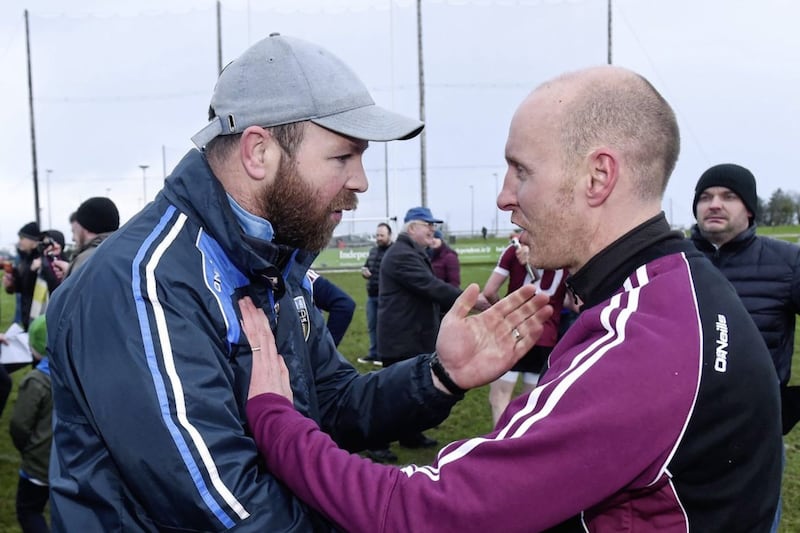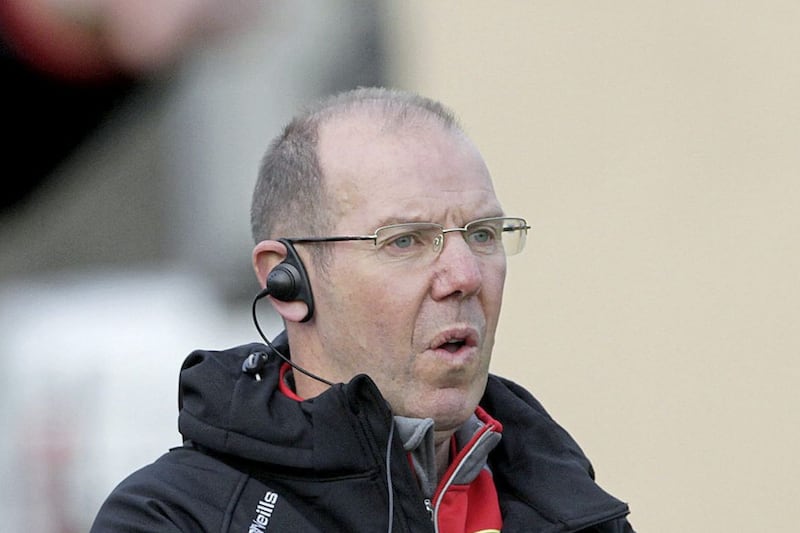NOT too many were aware the All-Ireland Senior Football Championship commenced last Sunday as New York took on Roscommon at the Gaelic Grounds in the ‘Big Apple’.
And there were a few heart-stopping moments before Roscommon squeaked home by a point, New York having led and bossed proceedings for much of the game, by all accounts.
The All-Ireland SFC commences annually in New York and, although there is a fair bit of opposition to the Championship starting with such a whimper, it could become a real event in the GAA calendar if it is marketed correctly.
The exiles in New York deserve a fair bit of recognition for keeping the Irish community alive and following the traditions of Gaelic games in ‘the city that never sleeps’.
The first time I was in New York was on a four-week holiday, split between there and Philadelphia after leaving grammar school. I considered it a worthy reward, having completed months of studying for A-Level exams.
This was 2001, when you could transfer to a team in the USA for a weekend and return to play for your club if you really wanted the following week. While my trip was purely recreational, I remember going to watch a match in Gaelic Park and the star-studded teams contained players such as Mickey Linden.
For them, it was an opportunity to see New York without having to transfer away from their club for the summer months, missing the league and club championship. It’s all a far cry from the current regulations.
Almost annually thereafter, I got a call from the USA, carrying the promise of a free flight, a job and a fistful of dollars. A difficult decision. Down were usually out of the Championship - just club football left.
The Mayobridge team of the time were dominating club football, so it was unlikely Saval could achieve something which the larger clubs of the county couldn’t and win the championship. Winning the second division or maintaining the club’s Division One status was the sole aim for the year.
So the question became: do I stay loyal to the club considering that, for the vast majority of the year, Down took precedence? Or did I opt to develop my life experiences and head Stateside?
Everything said ‘for God’s sake man, go’. Do you take the opportunity, as your football career doesn’t last forever? Or do you stay for the club? I always knew I would be letting my dad down if I went as he was a huge clubman, more of a clubman than a county supporter. That was the first consideration.
Club fans can be quite unforgiving and if you committed so furiously to the county and then just left, it could spell a fair bit of lasting resentment. They expect the same commitment.
Then there was the long-term, strategic view. What would the county manager think? Most county managers are pretty tuned into the performance of county players in club football - or at least they should be. Then, if there was a dissenting club fan shouting all over the county about you being the current pariah of the parish, you’d be afraid the mud would stick.
Then there was the final, and probably most important, consideration. I always felt my club colleagues helped me to achieve inter-county status, both directly and indirectly. They were as much part of any success I achieved as I was and I owed a huge debt to the underage coaches and mentors I encountered over the years. So there had to be a loyalty to them, to help these players achieve as much as we possibly could from the season.
Times have changed, though, with regards to summer commitment to the club. I knew the generational change was upon us in my last few years with Down. Before that, rarely did you encounter a player who would pass up the opportunity to play for his county. Even rarer was a player opting off the squad and heading to America before a Championship ball was even thrown in.
I knew from the moment I was a first-year, apprentice county player under Paddy O’Rourke that, if you even thought about opting off the panel in favour of the US, there was little chance you would ever play county football again, for as long as he was manager at least.
However, that is precisely what is starting to happen - players are opting to walk away from the county. Do I blame them? Not at all. The plain and simple truth is that some modern-day players can’t be totally committed to football, be that at club or county level.
The day of the tee-total, club player, volunteer and fundraiser all wrapped into one are long gone. Modern life seems to swallow them whole. In the vast majority of cases, emigration to various parts of the globe is unavoidable.
Whether it is the draw of a job or a better lifestyle, the fact the recession reopened the floodgates of youth leaving the country has severely impacted on Gaelic games at all levels.
A parent having to emigrate and, in some cases, stay away from home for long periods has also meant that kids’ participation in the local club has been significantly curtailed.
I was recently told of how two clubs located in rural parishes of the Mournes received permission from the county board to amalgamate to play an 11-a-side game at minor level. An hour before throw-in, the call came through that the amalgamated team couldn’t gather up the 11 players to fulfil the fixture.
Things change in such a short period.








